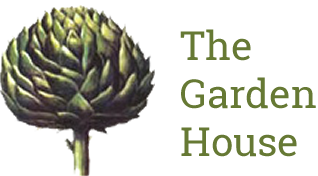We love: Composting
Posted:31 March 2012
If you want to garden organically, save money, and so important right now save water, think seriously about composting your garden and household waste. Even in the smallest garden, using your own compost you can grow plants, fruit and vegetables without chemicals – and it’s free!
What you CAN compost:
- Pet manure and bedding
- Vegetable peelings
- Uncooked kitchen scraps, eggshells and fruit skins
- Dead flowers
- Hedge and grass clippings
- Coffee grounds and spent tea bags
- Wood ash
- Natural fibre fabrics
- Nettles
- Shredded paper and cardboard
- Human hair
What you CANNOT compost:
- Plastic bags, foam and plastic packaging
- Medicines and chemicals
- Spray cans, metal cans
- Disposable nappies and synthetic fabrics
- Glass bottles
- Cooked food
- Weeds
- Heavy root material, branches and some straw-like grasses may take just too long to compost so are best left out
WHERE to make compost:
- You can buy a huge variety of types and sizes of compost bin, you can even just build a heap and cover it over with some polythene or cardboard – however a bin of some sort is neater and easier to manage.
- Site your bin in a sunny or semi-shaded position, and on bare earth or turf
- It should be easily accessible (maybe positioned so that you can access with a wheel-barrow), and have a lid or cover
HOW to make compost:
- Aim for a balance of materials, and aim to add to the bin in layers at regular intervals (every couple of days or so)
- Keep the material damp, but not over wet or it may not produce a very pleasant end product
- Turn occasionally – you may have a compost bin that turns on an axle, or use a special tool which you push into the compost, twist and pull out again, thus bringing the lower levels up to the surface – in this way you can also tell whether the lower layers have composted
- If you have two or more bins, you can rotate fill one bin then turn it into the next bin, then start filling the bin you have just emptied – and so on…
The best compost is loose, rich, dark brown and earthy smelling – this can take from as little as two months to a year depending on conditions and content. It is ‘black gold’ and positively the best feed, mulch and soil conditioner you can create.

